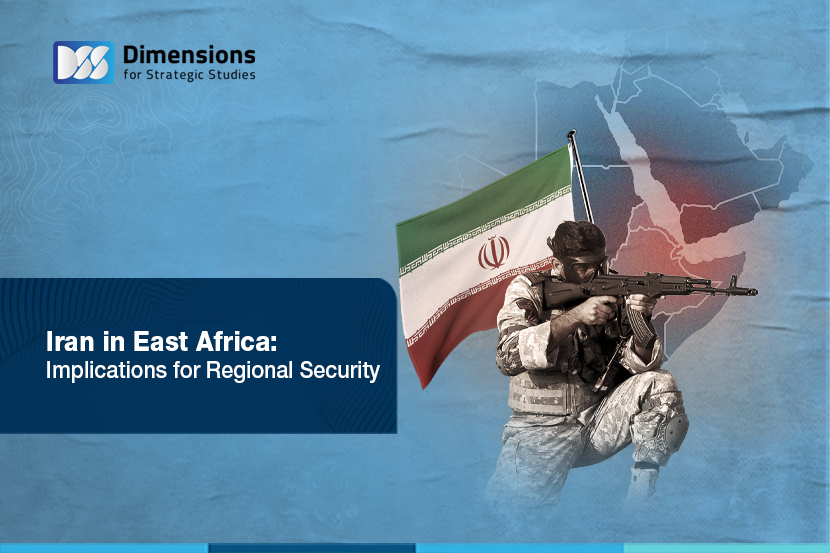
Iran in East Africa: Implications for Regional Security
2024-06-044334 view
Introduction
Iran has shown growing interest in East Africa, especially the Horn of Africa and the Red Sea, since President Mahmoud Ahmadinejad came to power in 2005. Using several integrated tools and strategies, the Islamic Republic aims to achieve a number of overlapping and intertwined goals in the region. First and foremost is boosting its quest for soft power, aimed at giving it greater leverage and international support for its positions, particularly its right to acquire nuclear technology for peaceful purposes. It also wishes to send a message to the West that it is able to demonstrate openness in order to challenge stereotypes portraying it as an extremist regime.
The Horn of Africa and the Red Sea have thus become a major arena for Iranian competition with other regional powers, especially Israel. This has led many observers to the conclusion that the Red Sea is likely to be the scene of international armed confrontations, fueled by unprecedented Iranian efforts to open new fronts in the Horn of Africa by supporting extremist armed groups in Somalia and Houthi forces in Yemen, as well as backing attacks against Israel, including the targeting commercial and military ships throughout Israel’s war on Gaza since October 2023. This dynamic constitutes a direct threat to regional security across the Horn of Africa and the Red Sea, a dynamic that may intensify over the foreseeable future.
Conclusion
Iran’s geopolitical penetration of the Horn of Africa’s regional security architecture has had negative effects for the region as a whole. Its continuing efforts to sow instability, and its increased support—both direct and indirect—for the Houthis, have compounded the impacts of political crises and domestic conflicts ravaging countries in the region, especially Somalia, Sudan and Ethiopia. All this has placed heavy burdens on the region as a whole, with negative effects for development and economic outcomes.
Houthi threats and communications cable outages in the Red Sea have also revealed weak points in maritime security, necessitating an urgent re-evaluation of African efforts to ensure maritime security.
Relatively limited confrontations between the U.S.-led “Guardian of Prosperity” maritime coalition and the Houthi group are likely to continue for some time, constituting an ongoing threat to global shipping through the Red Sea. This will increase the pressure on Washington to provide security and a military presence in the region. This will also enable the Houthis to consolidate their own regional presence, to demonstrate their value to their regional ally Iran and to world powers including Russia and China, and to provide a burdensome distraction to European and U.S. efforts to win the war in Ukraine.
Report in Arabic here: (Click here)





